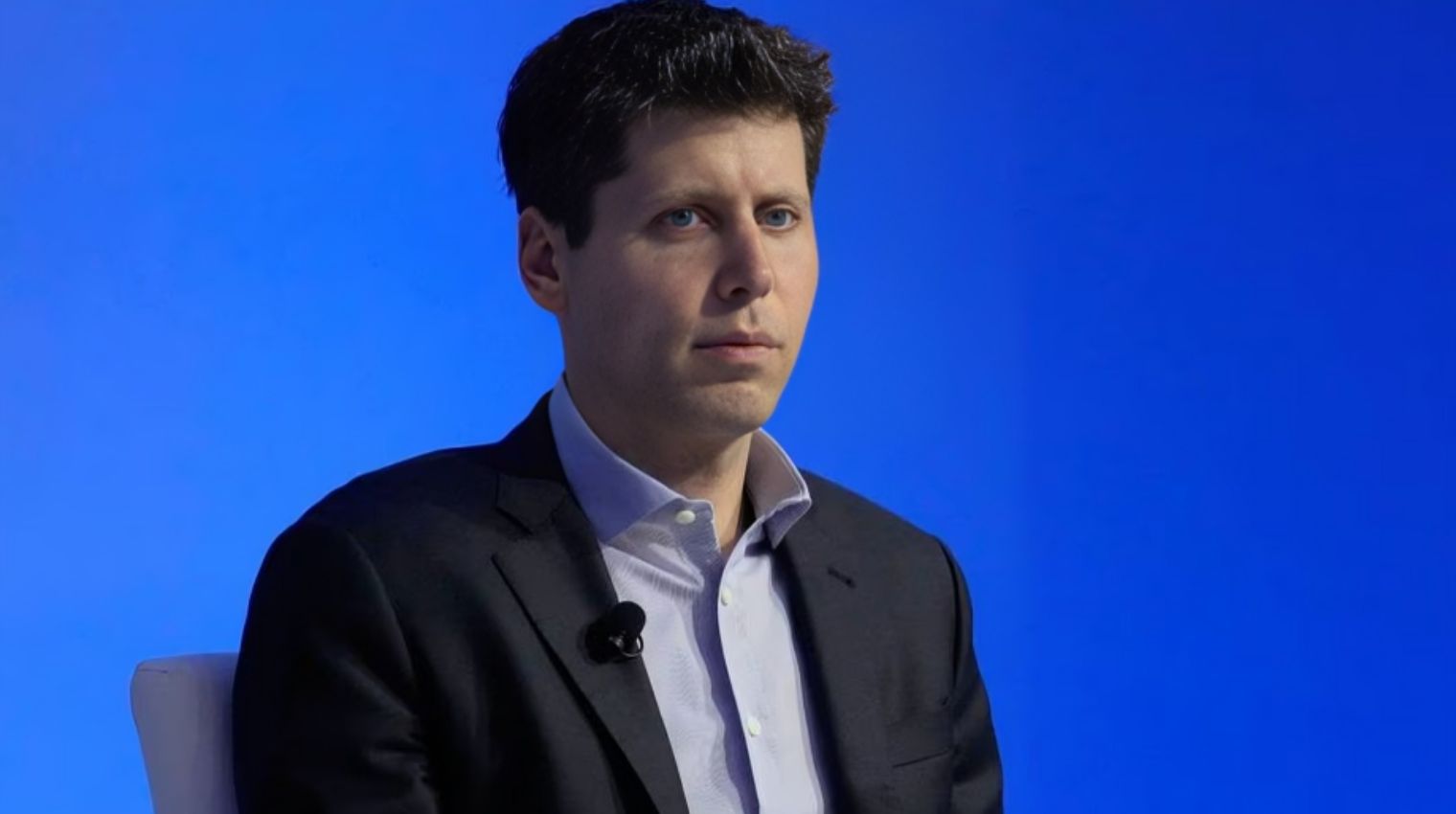The CEO of OpenAI, Sam Altman, thinks artificial intelligence (AI) will significantly alter the labor sector, but not as rapidly or dramatically as some people would worry. Although Altman does not anticipate a dramatic loss of jobs, he did share in a recent blog post that AI might significantly alter labor markets, both positively and badly. In his own words, “I don’t think we’ll run out of things to do; most jobs will change more slowly than most people think.” He emphasizes that although AI will take the place of some jobs, it will also free up human attention for more important and creative activity, which will increase our potential.
According to Altman, a few hundred years ago, many of the work that individuals do now would appear insignificant to someone. In a similar vein, future generations might consider the job we’re doing now superfluous or out of date. But he thinks society will adapt to the changes AI brings, just as people did in the past to technical advancements. AI will enable humans to discover new avenues for contribution, according to Altman, who claims that people have an intrinsic drive to create and benefit one another.
Altman provides a more comprehensive picture of how AI will change society by looking beyond employment. He believes AI will make it possible for humanity to accomplish feats that were previously unthinkable. In the future, he sees artificial intelligence (AI) helping with everything from healthcare to education, delivering “personalized instruction in any subject, in any language, and at whatever pace they need” through “virtual tutors.” He also foresees AI helping to solve global concerns like climate change and scientific discoveries.
In the AI-driven future, Altman is especially excited about the possibility of shared wealth. “Everyone’s lives can be better than anyone’s life is now,” in his opinion, thanks to AI. He does, however, caution that in order to prevent inequality, the advantages of AI must be properly handled. Making sure that everyone, not just the wealthy, has access to AI and the processing power required to run it is a crucial issue. He cautions, “AI will be a very limited resource that gets fought over if we don’t build enough infrastructure.”
The premise that deep learning advancements have enabled AI to already demonstrate spectacular achievements is at the heart of Altman’s vision. He attributes this advancement to raising the bar for AI’s capabilities and enabling it to handle progressively challenging issues. He claims that deep learning was effective, improved predictably with scale, and that more resources were devoted to it. He goes on to imply that this advancement may turn out to be among the most significant in human history.
Altman believes that as AI develops and becomes more powerful, it will produce innovations that were previously thought to be the stuff of science fiction. He thinks AI has almost infinite potential for everything from developing new software to enhancing healthcare systems. He does concede, though, that there will be difficulties on the path to the “Intelligence Age”. In order to maximize AI’s advantages while addressing its risks—particularly the potential societal and economic upheavals—he urges cautious consideration and planning.
The message from Altman is one of cautious optimism. According to him, AI has the potential to greatly enhance human potential and usher in a period of unparalleled prosperity—but only if society takes proactive measures to control its hazards and guarantee that its advantages are distributed to all.


Leave a Reply